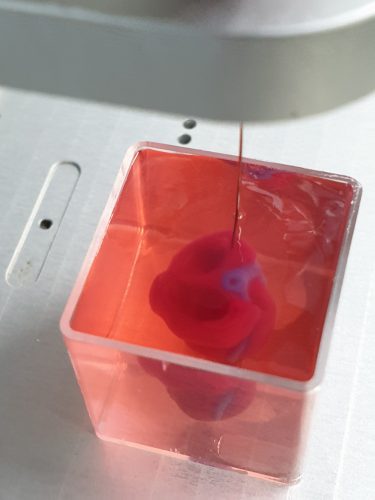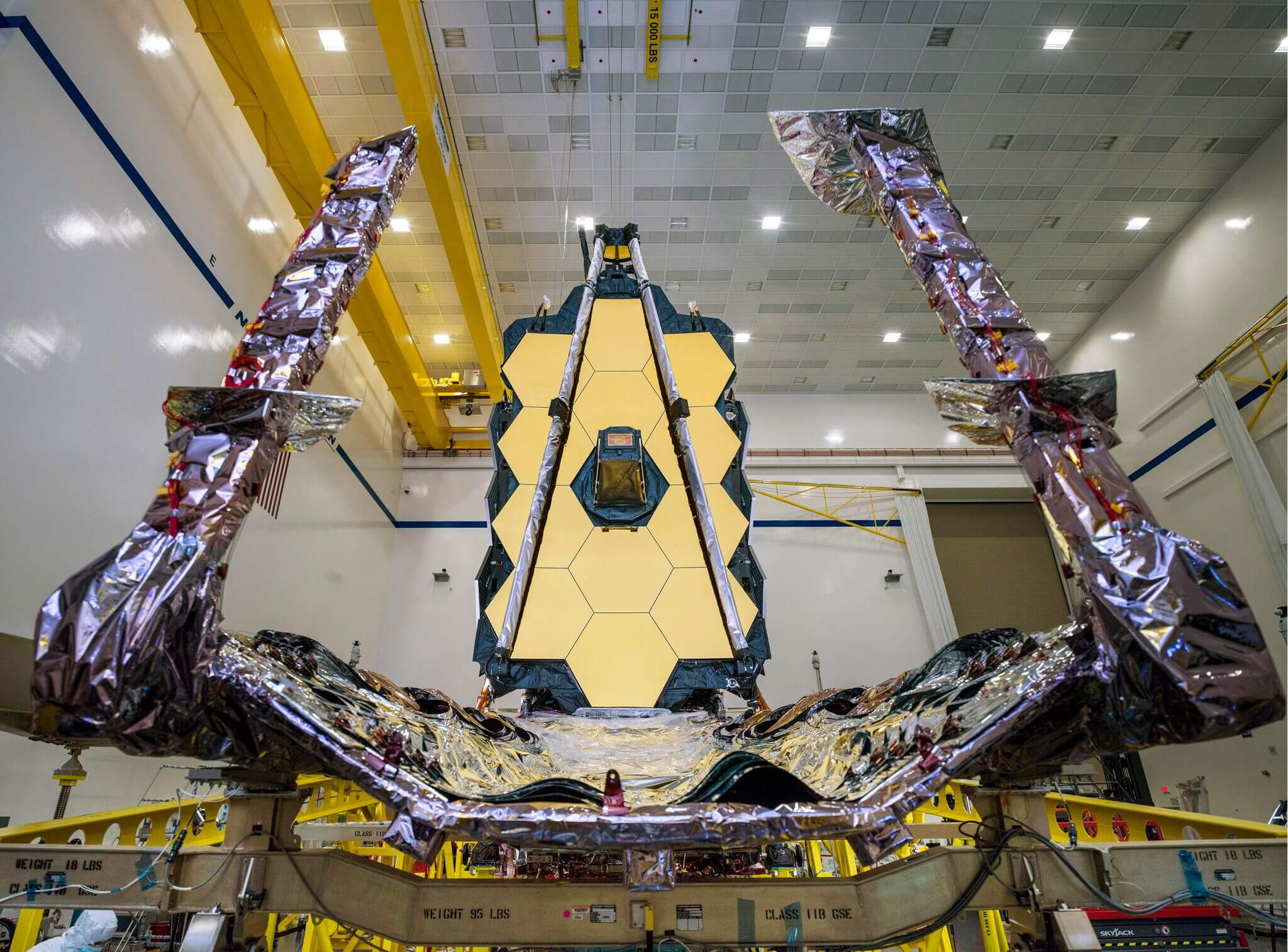How does Israel integrate into the wave of deep technologies in space and on the ground? In preparation for the Spacestack conference
Since the term deep-tech was introduced in 2015, there has been an 83% jump in the number of start-ups in the fields of deep tech, according to a Boston consulting group study.
Most of the developments cataloged as Diptek have so far been developed in academic settings. However, in recent years, researchers, developers and venture capital investors are showing an appetite for complex and more far-reaching technologies that yield more than "more apps".
In many ways, diptech technologies used to be the research fields of professors and research institutions, who had research budgets to experiment with future technologies. However, today there is a trend towards miniaturization, economic optimization and the development of technology infrastructures that allow startups and start-up companies to enter the deep-tech arena.
BCG points to four key criteria for identifying a company that develops diptech. The first is that the technology it develops will indeed be groundbreaking, and therefore must be backed by scientific publications or patents.
The second index is an effect that creates a fundamental change - that is, creates the desired disruption - in a specific area of life.
Thirdly, the company works during a long development period that does not amount to a year or two but usually takes seven to nine years. And fourth, which is a result of the third criterion - the company is required to invest higher than usual over a long period of time.

How does Israel as a country fit into the wave of deep technologies in space and on the ground? First, by developing national projects such as the space telescope. The space telescope - a flagship project of the Weizmann Institute of Science and the Israel Space Agency, will be launched in 2026 and is expected to revolutionize space exploration.

The American space agency NASA will launch ULTRASAT - The first Israeli space telescope. NASA will launch the telescope, which is the flagship project of the Weizmann Institute of Science and the Israel Space Agency in the Ministry of Innovation, Science and Technology - into a high orbit around the Earth in 2026. ULTRASAT is expected to revolutionize our ability to discover and analyze transient events in the universe, which appear in the sky for a relatively short time, such as a merger and an explosion of stars. The cooperation agreement was signed last week between the Israeli Space Agency and NASA.
Another interesting collaboration between the private and government sectors is the launch of the JUICE spacecraft from the European Space Base in Guiana, France, with on board advanced blue-white technology developed in a unique collaboration between Weizmann Institute of Science scientists and company engineers AccuBeat Jerusalem. The unique development carried out with the support of the Israel Space Agency at the Ministry of Innovation, Science and Technology will integrate a unique Israeli instrument into the spacecraft - a durable oscillator for studying the atmosphere of Jupiter and its moons. It is the European Agency's most ambitious and expensive space mission to date. The recently launched spacecraft is expected to reach its destination - the planet Jupiter - in 2031. The purpose of JUICE is to study the structure of Jupiter's atmosphere and look for signs of life in the oceans flowing beneath the icy surface of its moons.
Another example of additional unique deep-tech technologies in which the private and government sectors in Israel and abroad are integrated, is in the development of multinational projects, such as the launch of the Israeli LIGO project, in which unique technologies, instruments and facilities will be developed to detect gravitational waves of the LIGO type (abbreviation of Laser Interferometer Gravitational-Wave Observatory ).

Israel is becoming a Spice Nation
The many stakeholders in the various industries related to the space industry and deep-tech will meet soon to deal with these and other issues and to march Israel to the sky and beyond, in its emergence as a "Space Nation". Hundreds are expected to participate in the technology conference Spacestack 2023 - the annual conference of the space industry and deep-tech.

The Space Tech conference is being held for the second year on May 22 at Expo Tel Aviv (9:00-16:30). It will focus on investing in deep-tech technologies, as a basis for the development of a space economy, which is estimated at a trillion dollars, and Israel's transition to the next generation of developments that will form the engine of growth for the economy.
Deepak Tech technologies include areas such as space (aerospace), quantum, climate, energy, and advanced physical systems for nanomaterials, photonics, lasers, and more. The event takes place at Expo Tel Aviv on May 22 (9:00-16:30).

Spacestack conference You will deal with the following topics:
• Cyber attacks in space - the next arena
• The Israeli spice and deep tech industry - challenges and opportunities
• Blockchain in space - prevention of intrusion into the blockchain
• Tech climate and challenges on Earth from space
• The Galileo project discovering life in space
• Quantum and computing applications in space and on the ground
• LIGO – Launch of the Israel LIGO Institute, from the discovery of black holes to the development of future photonic scanning systems
• Space economy 2030 – a 1 trillion dollar market?
• Management and maintenance of satellites with the help of AI
The event will be moderated by N12 technology reporter Dror Gloverman. The content of the lectures is intended for researchers, developers, entrepreneurs, private investors, venture capital funds, managers and marketing, technology and science professionals.
Special discount for surfers of the knowledge site - enter the discount code. spacevip75.
Hurry up to order tickets! the number of seats is limited.

This article is promoted content for surfers of the knowledge site.
The article was written by Lior Harman, partner and founder of the TYPE5 venture capital fund specializing in space technologies. Lior Harman has an extensive technological and business background. Herman served as a product technologist and senior consultant for high-tech companies, including META FACEBOOK.
